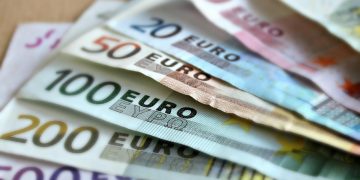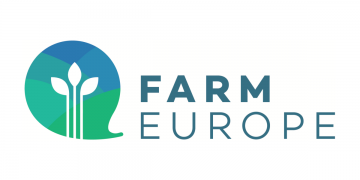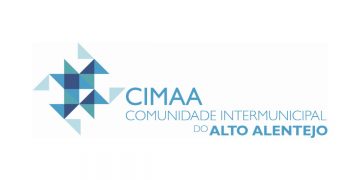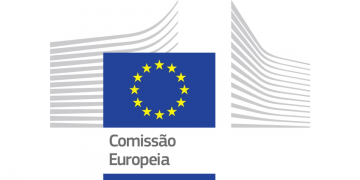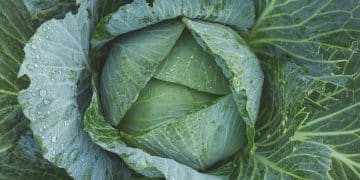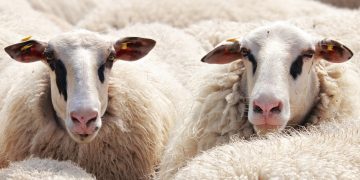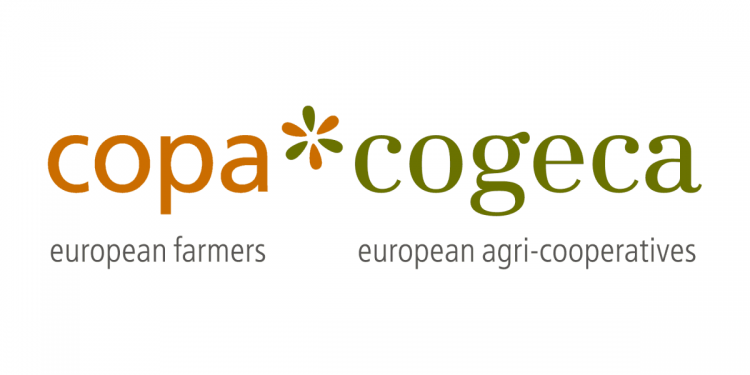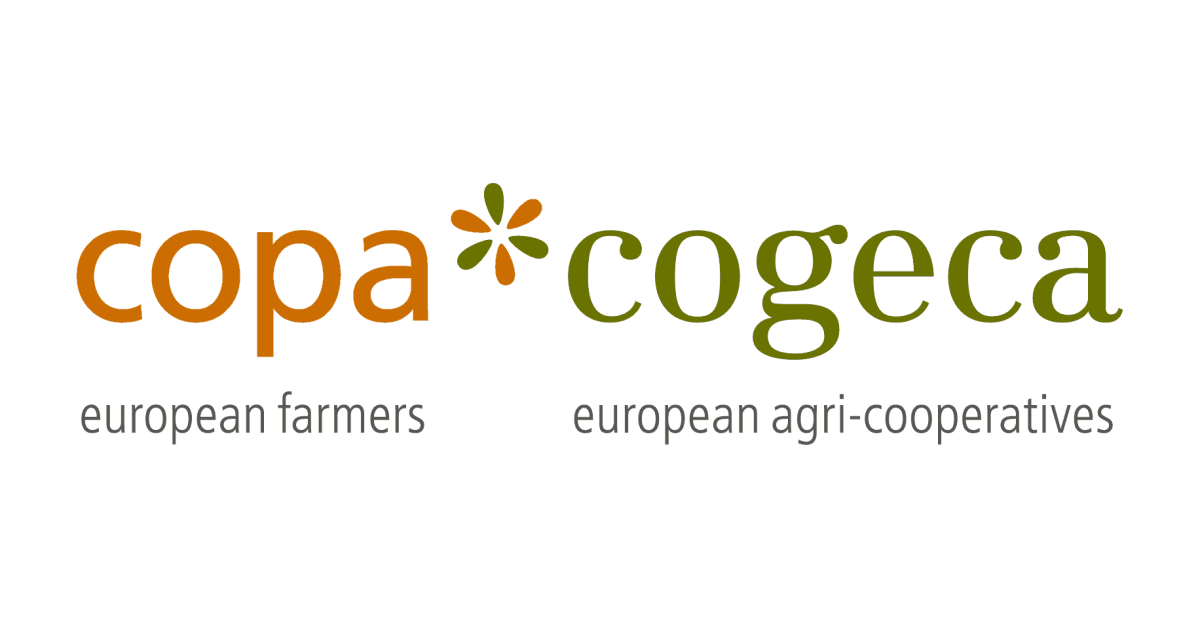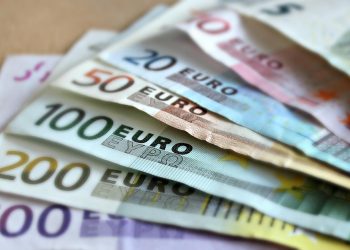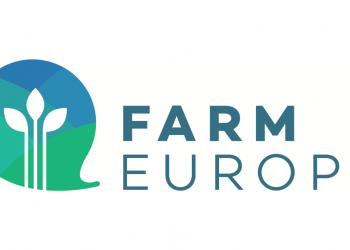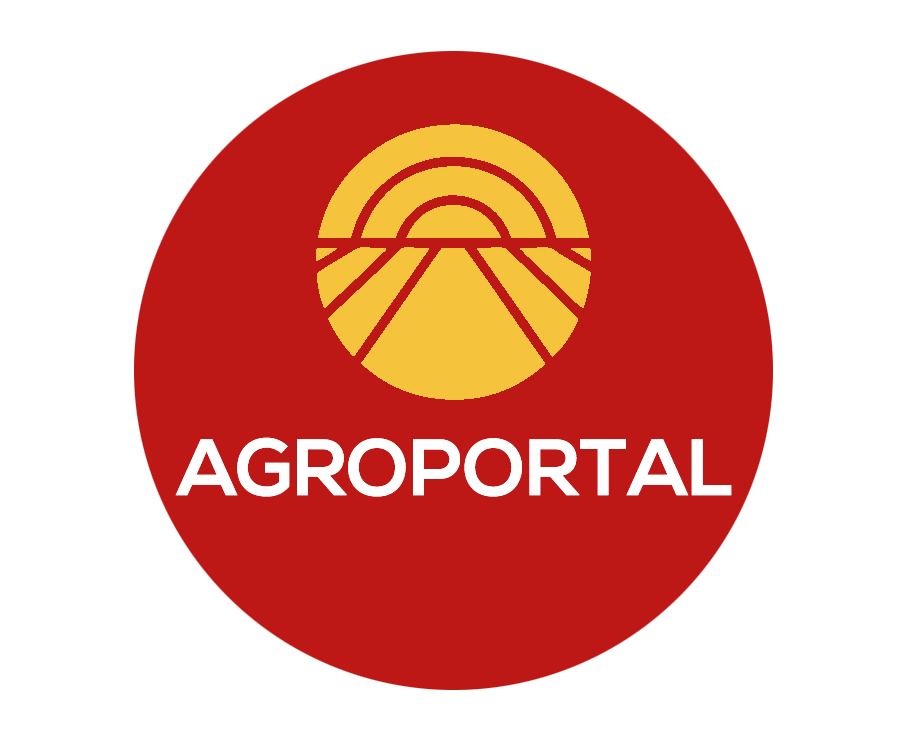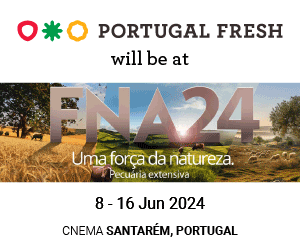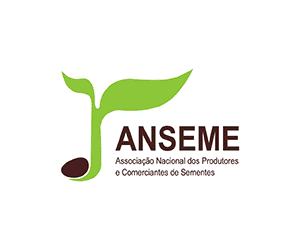The Council and the European Parliament are presently deliberating on the Commission’s proposal for the renewal of Ukraine ATM. In Brussels, there has been a pervasive sense of uncertainty regarding an approach to address the issue for weeks. Should the Commission’s proposed text remain unamended, the economic sustainability of the EU’s poultry, eggs, sugar, grain, and honey sectors would be jeopardised.
When the war began, the Commission chose to fully liberalize our trade with Ukraine to bolster the local economy against Russian aggression. Nearly two years later, farming communities, like the rest of Europeans, continue to support Ukrainians. However, it has also resulted in two years of significant imports of Ukrainian agricultural products, prompting the EU to adopt a strategic medium-term vision.
The green lanes and supplementary export measures, which were originally introduced to facilitate the transit of Ukrainian agricultural products through continental Europe to Africa and the Middle East, have only met their objectives to a certain extent. The figures are hard to come by, but the facts are clear: Numerous agricultural commodities are failing to reach their intended markets and instead end up competing within the European Community market.
Farmers in Romania, Bulgaria, Poland, Hungary, and Slovakia are currently selling their products at prices approximately 40% below the standard market price – assuming they are able to sell them at all. What was initially considered a tolerable short-term situation has now escalated into a highly contentious issue, with thousands of farms facing imminent threat of collapse. Protest movements intensify in Ukraine’s neighboring countries, and the reasons behind them are readily apparent. Moreover, the issue has begun to affect other Member States such as France, Belgium, the Netherlands, Germany, and Austria, where producers of grains, poultry, and sugar are experiencing significant pressure.
Exports of products failing to meet our environmental and social standards are driving agricultural prices downward, even as input costs continue to rise. Additionally, this week’s reports in the European press revealed Ukraine’s declaration of non-compliance with the Green Deal proposals for agriculture. Consequently, there is limited optimism for the medium term.
Given this challenging context, decisions must be made. At present, the Commission proposes to renew trade liberalization, offering EU farmers the sole solution of restricting imports of Ukrainian poultry, eggs, and sugar to average 2022/2023 volumes. However, it is precisely these volumes that have contributed to the current plight of EU producers. No restrictions are planned for grains and honey, despite Ukraine’s significant production capacity, leaving these sectors subject to potential Commission decisions in cases of “extreme necessity”. However, we are already facing such extreme circumstances. Unfortunately, apart from a few determined Member States and courageous MEPs, it appears that the Council and the European Parliament are not inclined to take action.
This approach will fail to address the concerns of farmers currently protesting. Instead, it will likely lead to further demonstrations, unilateral bans, and ultimately, reduced support for Ukraine. Without a more strategic outlook, Europe faces a double setback: on the one hand, disruptions to the domestic market are set to intensify, while on the other, Ukraine’s traditional markets are being replaced by Russian cereals and products.
The decisions to be made by the Commission, Member States, and Members of the European Parliament in Brussels over the next few days regarding the renewal of Ukraine’s ATM are of paramount strategic significance and will have profound consequences. The European farming community cannot be satisfied with mere announcements. We expect clear measures for all the sectors affected.
On behalf of the following associations:
AVEC – Association of Poultry Processors and Poultry Trade in the EU countries
CEFS – European Association of Sugar Manufacturers
CEPM – European Confederation of Maize Production
CIBE – International Confederation of European Beet Growers
COPA-COGECA – The united voice of farmers and their cooperatives in the European Union
EUWEP – European Union of Wholesale with Eggs, Egg Products, Poultry and Game
Fonte: Copa Cogeca

